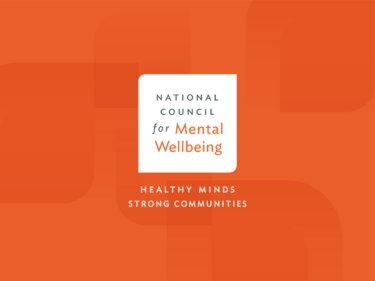Racism has consequences.
While that may be intuitive, our understanding about the consequences of racist behavior continues to evolve and raise our awareness.
The Centers for Disease Control and Prevention (CDC) this month declared racism is a public health threat. Racism “directly affects the wellbeing of millions of Americans. As a result, it affects the health of our entire nation,” CDC Director Rochelle Walensky said in a statement released
April 8.
Her statement is intended to shed light on the impact of structural racism on the health of Americans. Of particular concern, and an important reason Director Walensky made the statement, is the impact of COVID-19 on people of color. Black Americans are 37 percent more likely to die from COVID-19 than White Americans, according to data compiled by the Washington Post.
Structural racism extends far beyond our nation’s response to the pandemic, but it does represent a topical example of this awful truth, so it’s important the CDC director chose to speak out about
the issue.
But with its new project, Racism and Health, the CDC also hopes to raise awareness about the devastating impact on physical health and mental health of more traditional examples of racism – prejudice or discrimination against a person or group, whether intentional or unintentional, based on the color of their skin, race or ethnicity.
The timing is important.
Our struggle with racism in America is an interminable battle. Black Americans boldly led last summer’s protests that called attention to deadly police shootings and the urgent need for dramatically improved social justice.
While that was happening, anger towards Asian Americans and Pacific Islanders (AAPI) rapidly escalated, resulting in horrible, unjustified violence fueled by the foolish characterization of COVID-19 as the “Chinese virus.”
In a report released March 16 – the same day eight people were killed at three Georgia massage parlors – the group Stop AAPI Hate said it had received reports of 3,795 hate incidents in the 12 months leading up to the shootings. Stop AAPI Hate was formed in March 2020 in response to acts of discrimination during the coronavirus pandemic.
A separate study from the Center for the Study of Hate and Extremism at California State University, San Bernardino, found that while overall rates of hate crimes in the country decreased by 7 percent in 2020, anti-Asian hate crimes increased 149 percent.
The impact racism and violence have on a person is well documented, but AAPI don’t always get the help they need.
According to the American Psychological Association, Asian Americans are three times less likely than other racial groups to seek care for their mental health because of factors including stigma that associates mental illness with a disability, language barriers and the model minority myth, which assumes all Asian Americans are compliant and successful – or “model” citizens.
A lack of mental health professionals trained to handle issues culturally specific to Asian Americans also influences whether they seek care.
All those factors make it difficult to understand clearly how racial violence affects Asian American, Doris Chang, a clinical psychologist at the New York University Silver School of Social Work, told WBUR in Boston this month.
It’s important to promote the resources available to AAPI, and numerous initiatives can help.
Carrie Zhang started the Asian Mental Health Project in February 2019 to provide online community events, newsletters and other resources for people in search of mental health support. The Asian Mental Health Project also works to eliminate the stigma surrounding mental illness as a way of encouraging people to seek help.
The Asian Mental Health Collective, a non-profit organization that also works to destigmatize mental health within the Asian community, offers the APISAA Therapist Directory to help people locate mental health providers. More resources are listed here. You can report hate crimes against Asian Americans to organizations including Stop AAPI Hate and Stand Against Hatred (including your local law enforcement agency).
With Mental Health Awareness Month and AAPI Heritage Month occurring in May, this is a good time to ask whether we’re doing enough to promote the mental wellbeing of Asian Americans. Can we do more? Please share your suggestions about what we can do to address racism and eliminate barriers to access to support the AAPI community.


